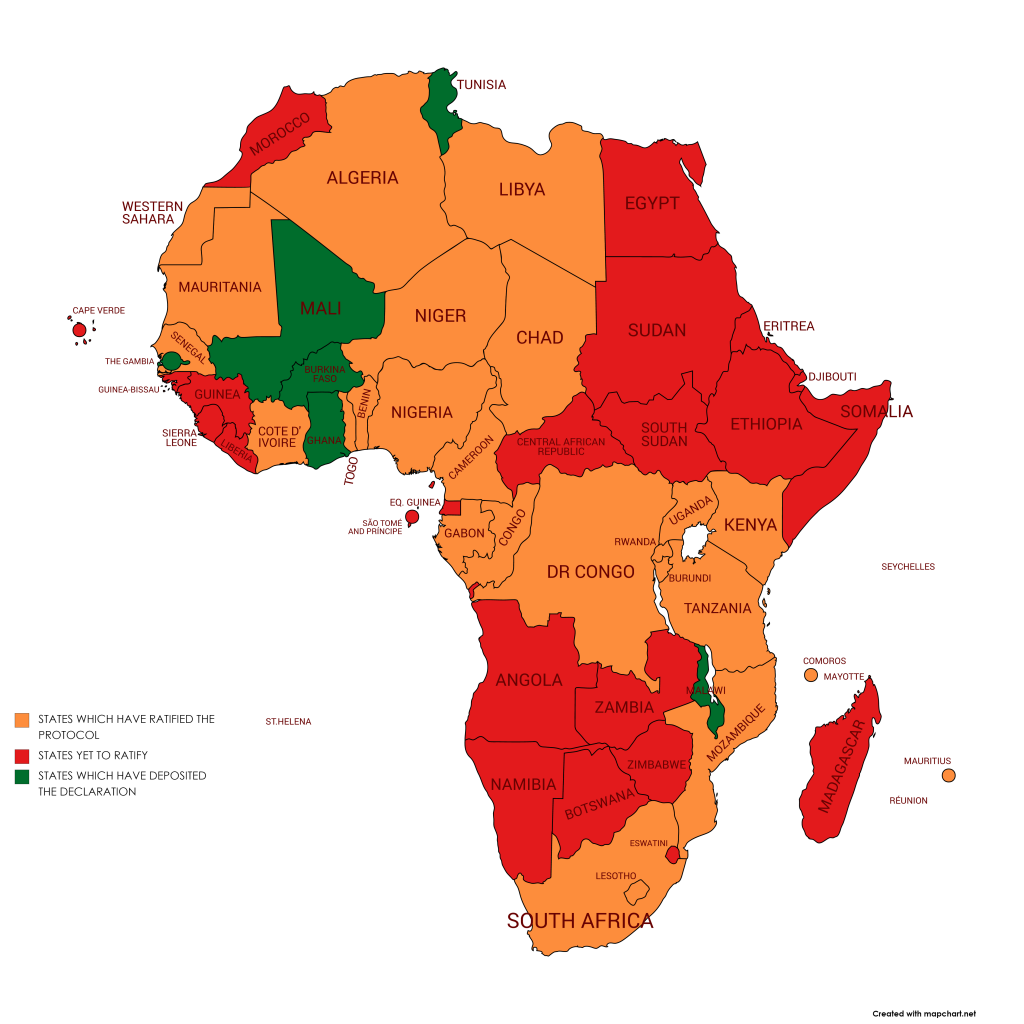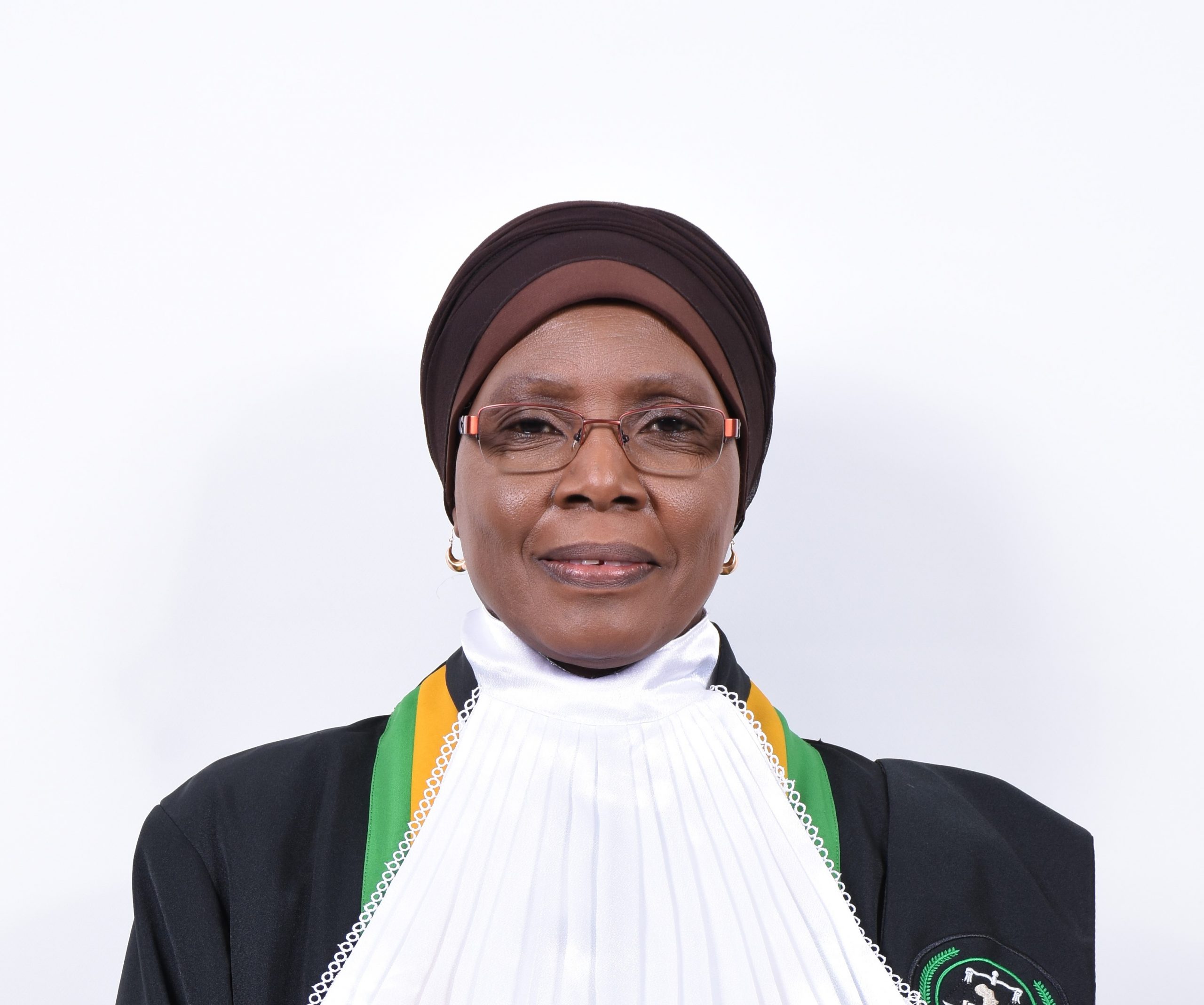Analogia Malenga
JF-Expert Member
- Feb 24, 2012
- 5,001
- 9,866
Jaji Imani D. Aboud ambaye ni jaji wa Mahakama Kuu ya Tanzania aligombea nafasi ya kuwa Jaji wa Mahakama ya Afrika ya Haki za Binadamu na Watu
Katia Mkutano wa 38 wa Baraza la Mawaziri wa Mambo ya Nje ya Umoja wa Afrika, Jaji Imani amechaguliwa kuwa jaji kwa muhula wa pili wa miaka 6, ambapo alipata kura 51 kati ya 52
Jaji Imani ataiwakilisha Afrika Mashariki. Aidha Mkurugenzi wa Kitengo cha Mawasiliano Serikalini, Emmanuel Buholela ameutaja ushindi wa Jaji Imani kama kielelezo cha uwezo walionao watanzania

Katia Mkutano wa 38 wa Baraza la Mawaziri wa Mambo ya Nje ya Umoja wa Afrika, Jaji Imani amechaguliwa kuwa jaji kwa muhula wa pili wa miaka 6, ambapo alipata kura 51 kati ya 52
Jaji Imani ataiwakilisha Afrika Mashariki. Aidha Mkurugenzi wa Kitengo cha Mawasiliano Serikalini, Emmanuel Buholela ameutaja ushindi wa Jaji Imani kama kielelezo cha uwezo walionao watanzania

